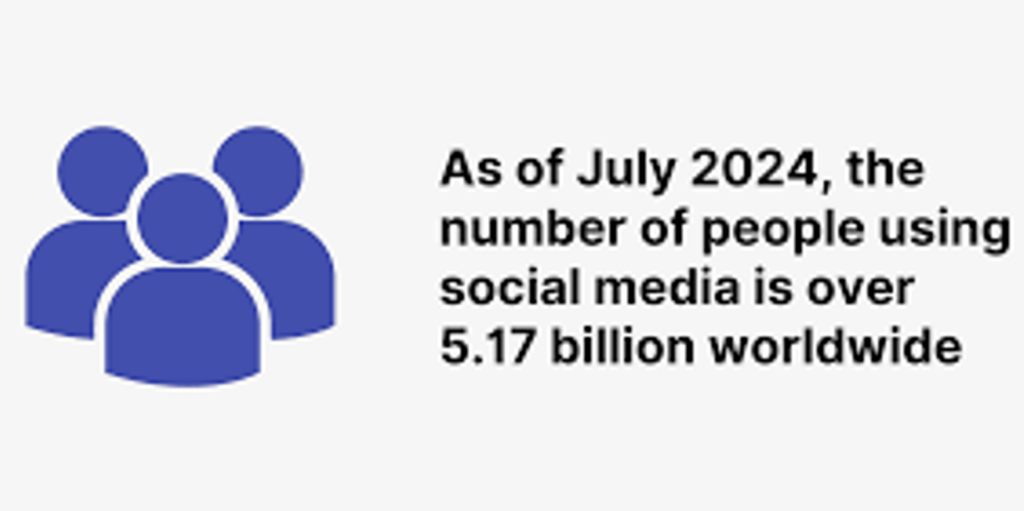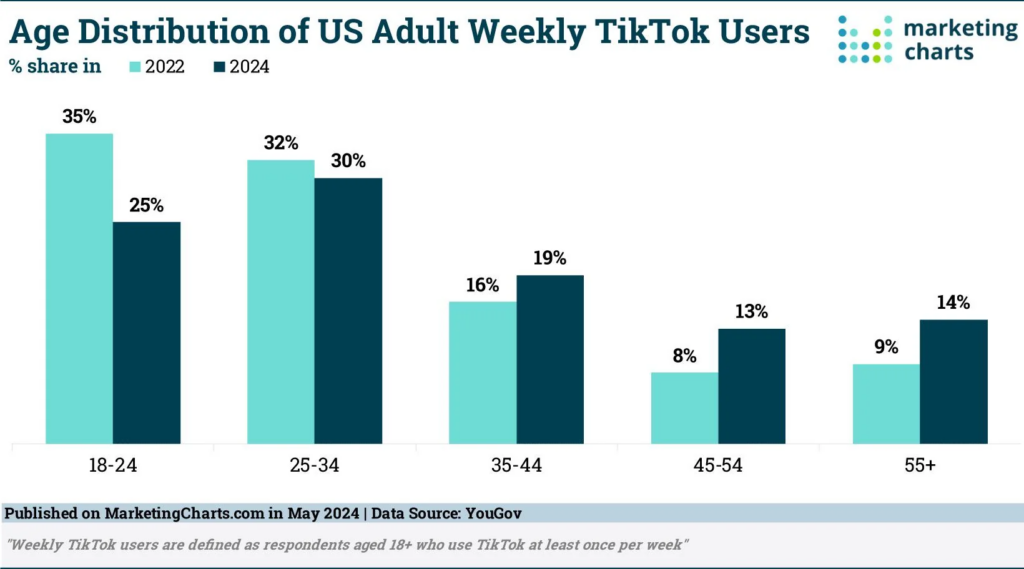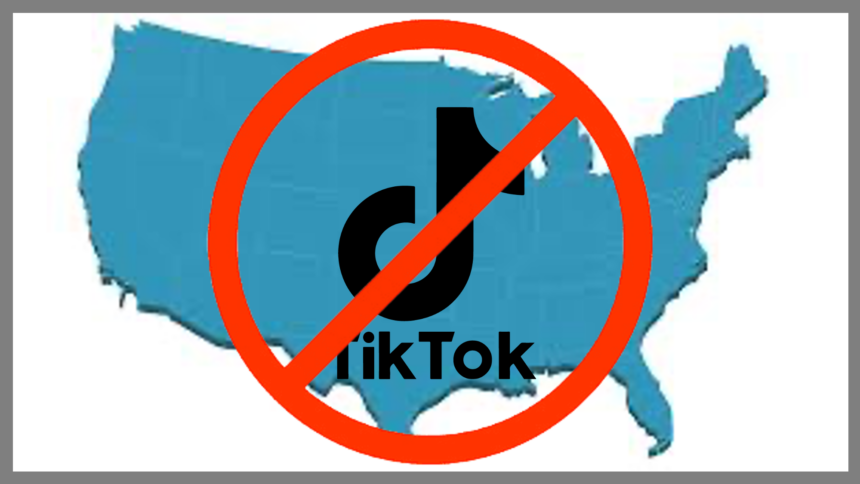The U.S. Court of Appeals has made its move, siding with the U.S. government and backing a looming TikTok ban. The court has ruled that the national-security concerns raised about TikTok, owned by ByteDance, are “well-founded” and not speculative. This decision supports the U.S. government’s push for a forced sale of TikTok to U.S. buyers. The ruling has ignited debate over privacy, freedom of expression, and whether U.S. actions are justified in light of TikTok’s Chinese ownership.
What’s Happening & Why This Matters
The legal tug-of-war started with concerns over TikTok’s potential influence by the Chinese government. While the government has no direct proof that China is manipulating the platform’s content or using it for espionage, the potential remains. Chinese laws compel companies like TikTok to cooperate with government demands, raising suspicions about the platform’s safety for U.S. users.

In a 92-page opinion, Judge Douglas H. Ginsburg stated that while no concrete evidence of manipulation is available, the risk remains real. The court has rejected TikTok’s arguments against a forced sale, saying it doesn’t violate constitutional rights. TikTok had proposed a solution called Project Texas, placing its U.S. operations under Oracle’s oversight, but this was also rejected by the court .
The Sale Ultimatum
With the ruling in favor of the U.S. government, TikTok now faces a January 19, 2025 deadline to divest its U.S. operations. ByteDance has repeatedly refused to sell, citing Chinese laws that prevent such divestitures. However, the court maintains that U.S. laws take precedence in protecting national security. According to Ginsburg, TikTok’s objections—based on China’s restrictions—are not valid if they jeopardize American security .
This ruling has major implications for both privacy and free speech. Advocates for TikTok argue that the ban will censor millions of Americans who rely on the platform for creative expression, news, and business. Kate Ruane from the Center for Democracy and Technology warns that the decision will harm the freedom of expression of TikTok’s 170 million U.S. users . The case is expected to continue, with the Supreme Court likely to take it up in 2025, possibly altering the course of the TikTok saga .

Who’s Interested in Buying?
Several prominent figures have expressed interest in acquiring TikTok if forced to sell. Former U.S. Treasury Secretary Steven Mnuchin and Bobby Kotick, former CEO of Activision, have been named as potential bidders. Frank McCourt, a former Los Angeles Dodgers owner, has also announced his “People’s Bid”, which aims to keep TikTok decentralized while ensuring privacy and security for U.S. users. However, no bids will proceed until after the Supreme Court weighs in .
TF Summary: What’s Next?
The TikTok saga is far from over. With the appeals court siding with the U.S. government, the platform now faces a tough deadline to divest its U.S. operations or risk a ban. The Supreme Court is likely to take up the case, which could determine TikTok’s future in the U.S. In the meantime, debates about privacy, national security, and freedom of expression will continue to dominate the conversation.
For now, TikTok’s users and potential buyers are left to wait and see how this high-stakes legal battle plays out.
— Text-to-Speech (TTS) provided by gspeech


